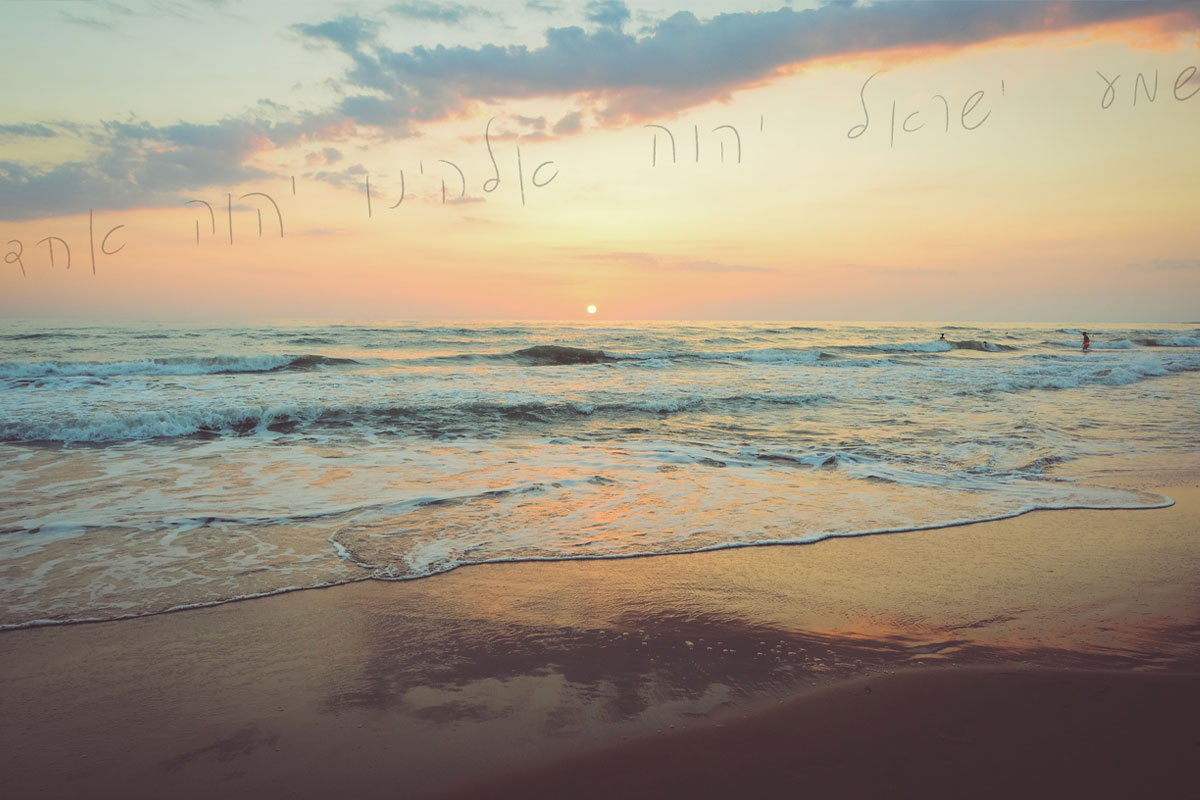On Yom Kippur last year, my kitchen became my sanctuary. It seemed strange at first, but I came to realize that my love of Judaism was not as powerful — or as persistent — as Covid. If everyone was at home, who was I to complain? So, I didn’t.
Instead, I planned the evening as a sacred one, with my computer as the entryway to my Jewish roots. The speakers on my kitchen table acted as the sound system.
At first, I wondered, “Will this year feel like Yom Kippur?” Was sitting in my kitchen the right place to worship this holiday that I have excitedly observed in a synagogue for the last 40 years?
The answer was a resounding “yes.” In many ways, it was even more powerful. I sang the prayers with elan and no self-consciousness. At times, I danced around my kitchen as if I were a contestant in a celebrity dance contest.
The prayers pierced my heart with their melodic intensity, and the music lifted my soul above gravity with their awe-inspiring beauty. God had come to Boynton Beach to serenade me.
Plus, there was no dress code. I did not have to worry that my shoes were not high enough to keep my pants from dragging on the ground. I did not have to find a hat that matched my outfit to keep my frizzy hair under wraps (literally). Instead, I wore a pair of boxer shorts and a white T-shirt.
The best part of celebrating a High Holiday at a lowly place was that I did not have to worry about the person in front of me blocking my view. What wonderful perks I enjoyed from my perch on high! No one came in late and tried to slide by me mid-prayer, no one talked relentlessly during the sermon. I didn’t have to pray (and speed) in order to get to synagogue in time to find a parking space. For a high-maintenance woman, it was a low-maintenance Jewish High Holiday.
But this year was different. The temples were open, people were vaccinated, and I had plans (and clothing) to fit this holy occasion. I expected to return to my synagogue in Florida in person, now that Covid had recessed in our psyches and social landscape. I would brave the traffic, the heel height and the loneliness of sitting among a sea of families and their loved ones. But when I called my temple the week before Yom Kippur, they told me that they had no room at the synagogue.
“You had to make a reservation months ago,” a woman told me.
I was deflated. I was angry. How could this happen?
I decided to put the whole holiday out of my mind. I pushed it aside until the hour of worship was descending upon me. My kitchen was not clean and the act of shared sequestering was so last year. So, I decided to leave my former makeshift synagogue (my kitchen) for something more sacred: the beach.
At first I felt like a stowaway. A Jew who had escaped a baron (and somewhat dirty) home. But as the waves rolled in and the service started on my iPhone, I realized that I had found an auxiliary sanctuary perfect for this observant, wandering Jew. The pink hues of the sky were awe-inspiring, and the prayers and sacred liturgical music emerged from my iPhone as if on cue from God.
I could feel that God was not just in the synagogue, he (or she) was exactly where I was, where my heart dwells.
When the rabbi said to stand up for the Torah blessing, I looked around to see if I might look strange; there were a few couples at the beach, gazing at the ocean. I reasoned that people stand up all the time at the beach, and followed the rabbi’s instructions.
Then came the beating of the breast during the Viddui prayer. I took my right hand and made a fist in time to repent for our shared mortal sins. No one seemed to notice me, even the tiny birds walking along the sand seemed intent on looking for worms, and not at my repentant self.
Soon enough, I felt comfortable to sing along with the rabbi and cantor via Zoom, my heart soaring. I realized, for the first time in my life, that I was not a woman without a tribe. Instead, my tribe was wherever I was. It didn’t have to be at the brick-and-mortar synagogue, or at my kitchen table. My synagogue is wherever I deem fit, and wherever I allow the sanctity and singularity to seep into my being.
The following day, I allowed myself to be somewhat spiritually promiscuous, traveling from Central Park in NYC to Lexington Avenue and 55th Street. One service was in Central Park and the other one was inside a synagogue. I, on the other hand, was perched on my chair in front of my computer. When I got tired, I moved over to the sofa and took a short nap. It was a smorgasbord of sermons and enriching melodic chants and prayers.
I could not have planned this highest of holidays. If I did, I probably would have sulked and felt it wasn’t fair. Instead, I discovered that my attitude is as important as my skirt length or shoe height. And with God’s help – and my spiritual longing – a Jewish holiday can retain its sanctity and splendor regardless of any limitations.








